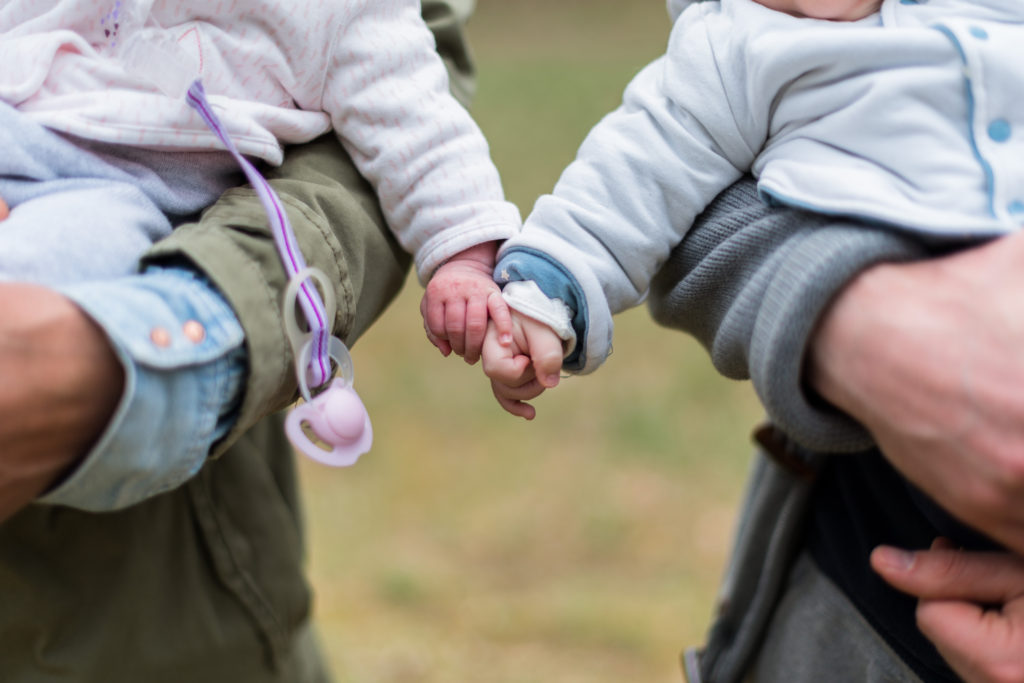Lately I've been thinking about the power of language. The way it builds bridges or constructs walls. And how it shapes our perspective, often in subtle ways. For instance, there is a huge difference in calling someone a rape victim versus a rape survivor. One is more passive, connoting power over, whereas the other connotes someone who endured hardship and continues to live.
Part of my musings were inspired by this article about George Lakoff. He suggests people vote with their values and thus words matter. For instance, there's a different connotation between “federal regulations” and “federal protections.” Regardless of where a person falls on the political spectrum, it's obvious to me words are powerful and shape the direction of a conversation and often the outcome.
 |
| I'm with you kid. Books are amazing. |
It's not only the words we use to describe something, its names too. Names mean something and the more we call a person their name, the more they embody it. For instance, in Sanskrit, if a person is named “Madhu,” which means “honey,” or “sweet,” they start to become more sweet. They develop the qualities of the name. Names are powerful, as we know, but often forget. What we call people matters. How we describe people matters. Both for the person and for us, because it determines the lens through which we view the person. For instance, I could look at a person and think “criminal” or I could think “disadvantaged.” Each will lead me down a different path. For the criminal, throw them in jail, make 'em pay. For the disadvantaged, provide help and resources.
It's important to choose with care our words. I'm reminded of a yogic concept I've written about before: satya. It implies proper action of mind and the right use of words with the spirit of welfare.
My spiritual teacher says, “Humans are rational beings: They possess in varying degrees the capability to do what is necessary or good for humanity. In the realm of spirituality, such thought, word, or action has been defined as satya.”
I guess to me that means it is our responsibility to use language in such a way that it engenders the all-around welfare for everyone. It is our responsibility to use language so that we start moving together in a direction that means everyone is living better. Because language is powerful and the more we recognize that and utilize it for the benefit of all, the better off we'll all be.
I dream of a world where we recognize the power of language and we use it to make lives better for everyone. A world where we use language to unite rather than divide. A world where we choose our words with care.
Another world is not only possible, it's probable.


